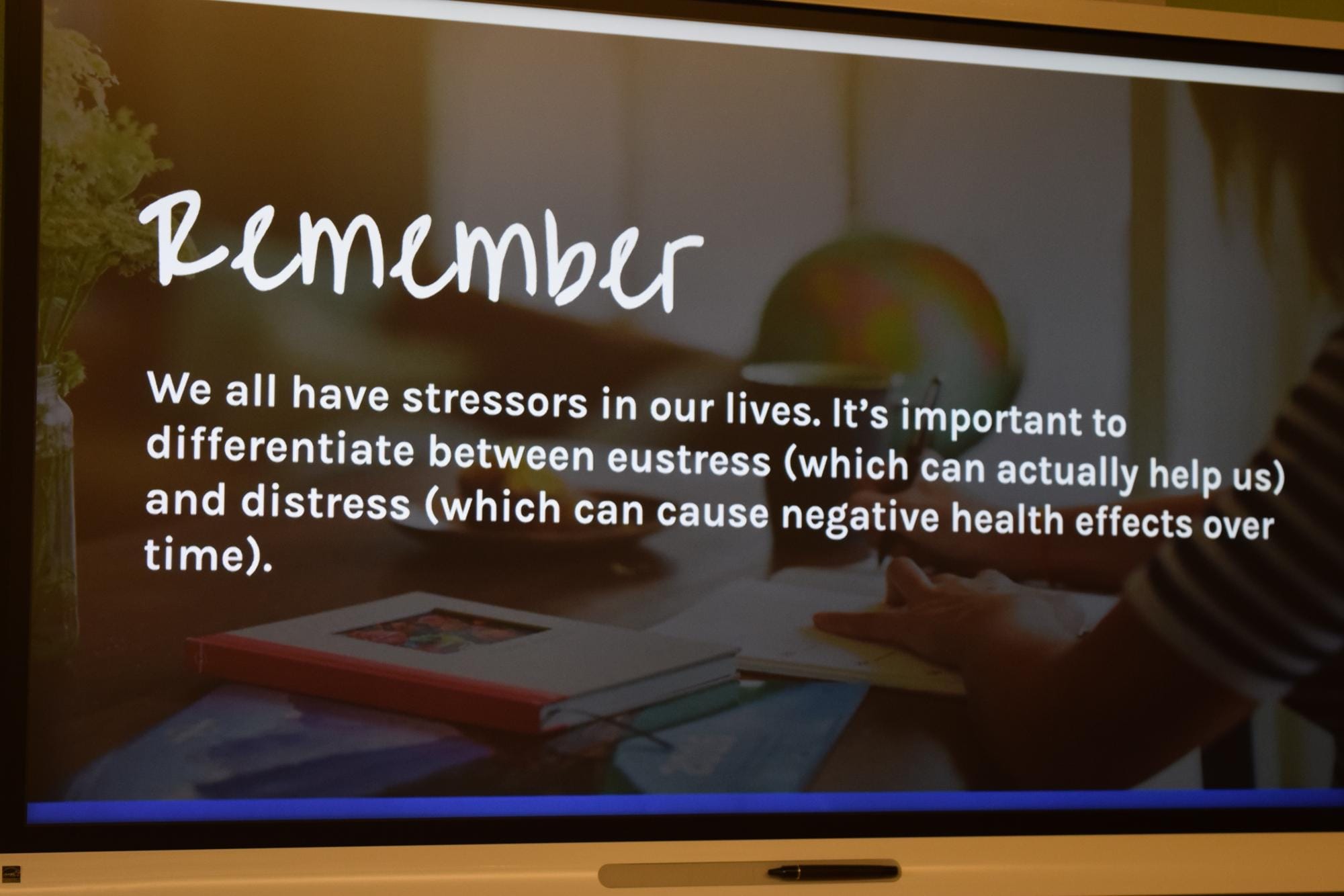Every Tuesday and Thursday during Patriot Period, students have lessons on Social and Emotional Learning (SEL). SEL helps to teach emotional intelligence—our ability to understand, control and express our emotions. In theory, the Tuesday lessons are designed to be more of a curriculum-based way of teaching SEL while Thursdays are check-in days: time to go over grades with your Patriot Period teacher or reflect on how the school year is going.
But this is all fantasy. Advisory teachers often don’t teach these lessons, and even when they are taught, students don’t engage. This conundrum poses the question: Is this an effective way to learn these skills?
The SEL agenda was pushed from the Virginia Department of Education (VDOE) to Virginia public schools in 2020. Then, Arlington Public Schools (APS) began to implement SEL lessons through an organization called RULER. RULER is an acronym that stands for:
“Recognizing emotions
Understanding the causes and consequences of emotions
Labeling emotions
Expressing emotions
Regulating emotions.”
The RULER organization develops SEL lessons that aim to teach these skills to students in kindergarten to 12th grade.
There is no doubt that these SEL skills are helpful. The most comprehensive evidence to date showing SEL’s impact was done by Yale University’s School of Medicine. Their meta-analysis showed that SEL lessons have positive effects on students—things like increased self-esteem, decreased depression, and higher social awareness.
But the issue is not in what these lessons are teaching; it is in their ineffective implementation of SEL. Our school sees these lessons taught in two ways: the direct teaching in Tuesday advisory lessons and the indirect application of these lessons through things like group collaboration—the point of contention being Tuesday advisory lessons.
Below is a quote from an SEL lesson our school uses to teach that “emotions matter.”
“Okay, we will now continue in our school day journey. What emotions do you experience as you go through the doors? Who is at the entrance? (Pause.) Do you immediately go to your locker, the cafeteria, talk to friends, or head to class when you arrive at school? How do you feel during your first period class? The rest of your morning classes? (Pause.)”
This approach hardly supports students in understanding their emotions. These kinds of scripts are superficial; they aren’t complex and won’t actually help students dig deeper into their emotions. These are mundane questions and will result in mundane answers. If APS wants to teach higher emotional intelligence, asking students to answer simplistic questions is not the way to accomplish this. When you ask surface-level questions like these, students will see SEL as a waste of time, not as an activity where they can actually grow their mental and emotional repertoire.
For the majority of students, Patriot Period is a time to socialize with friends and catch up on homework, both things that are virtually impossible on advisory days. Unless told otherwise, students can’t have their phones, laptops or headphones out during lessons, and are only able to discuss with the class or write on paper. This is more of a problem on Tuesdays, when Patriot Periods have to do a lesson. On Thursdays, students have a required check in but free time to talk to other teachers and do homework.
Asking impersonal questions also ignores the diverse needs of the student body. SEL lessons attempt to tackle difficult subjects, like conflict between friends/family, drug use and mental health issues. The set-up of these lessons usually include one of the students raising their hand to share their experience with the subject in front of the whole class. This alone dampens participation, and if someone does speak up, the Patriot Period as a whole discusses it. There are good intentions behind it, of course, but it’s awkward to talk about family conflict and other serious topics in a room full of 20-or-so other students.
Students dislike SEL lessons because they are boring, awkward and overall unhelpful. The idea behind them is good on paper, but in practice can sometimes do more harm than good by taking away precious time and mishandling sensitive topics. Overall, the execution falls flat and cancels out any positive outcomes of the lessons.









































